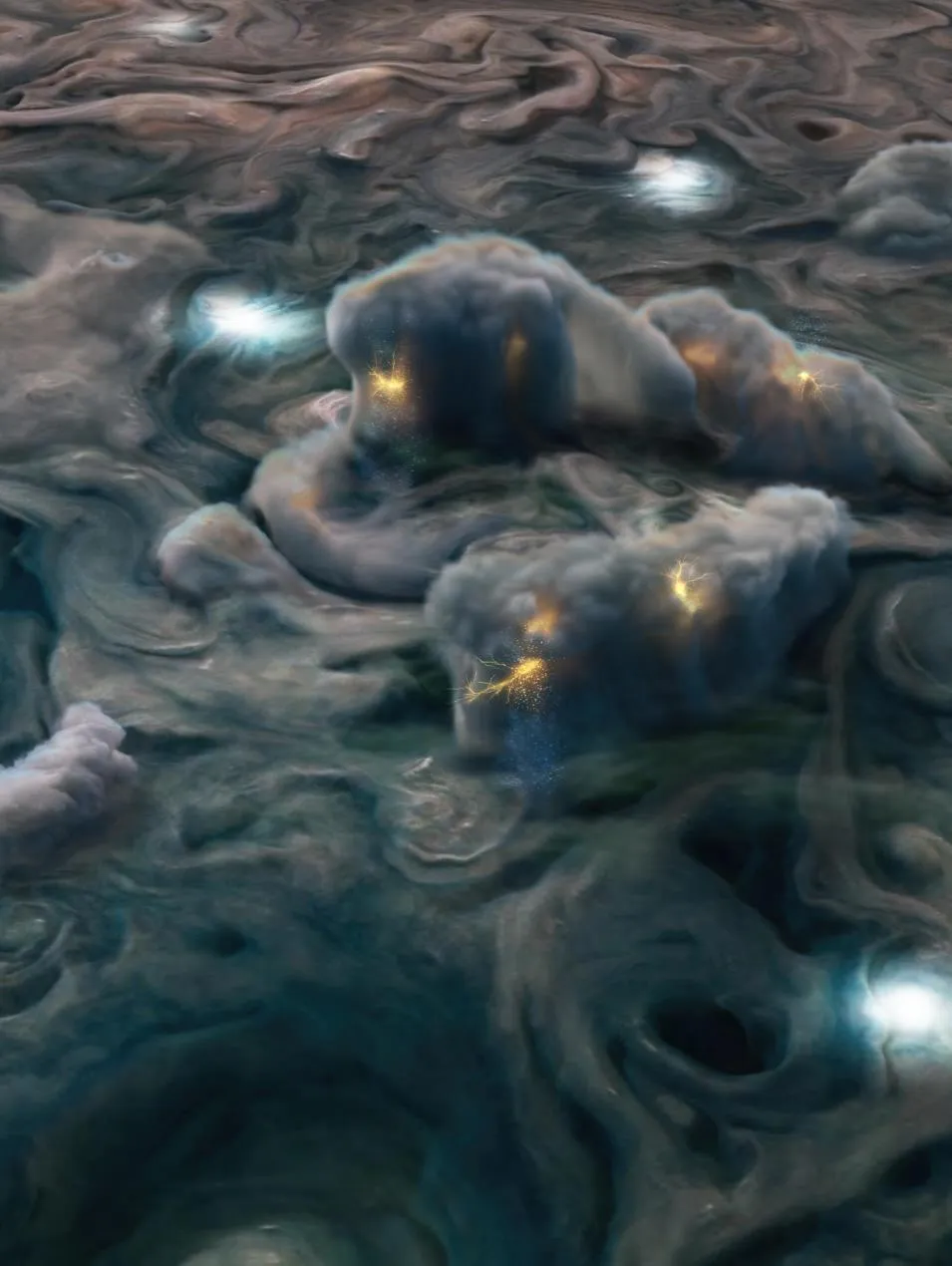Previous efforts to search for evidence of life on other planets, or even moons, have frequently focused on areas where large bodies of water, such as oceans or lakes, exist or have previously existed. Now, a study carried out by researchers at Queen’s University Belfast has discovered a different place to look: in the clouds that surround them.
Their study shows that the important factor when looking for environments capable of supporting Earth-like life isn’t the quantity of water in a given place, but its concentration – a property known as ‘water activity’.
“The search for extraterrestrial life has sometimes been a bit simplistic in its attitude to water,” said the study's co-author Dr Philip Ball. “As our work shows, it’s not enough to say that liquid water equates with habitability. We’ve got to think too about how Earth-like organisms actually use it – which shows us that we then have to ask how much of the water is actually available for those biological uses.”
Read more about life on other planets:
- Does the Red Planet harbour life? Here’s what we know
- The weird worlds alien life could potentially survive on
- How synthetic atmospheres could help us hunt for alien life
And according to their calculations, the water-rich clouds on Jupiter fit the bill.
“While our research doesn’t claim that alien (microbial-type) life does exist on other planets in our Solar System, it shows that if the water activity and other conditions are right, then such life could exist in places where we haven’t previously been looking,” said Dr John E. Hallsworth from the School of Biological Sciences at Queen’s.

When the team applied the same approach to study the sulphuric acid clouds of Venus, they found that the water activity was more than a hundred times below the lower limit at which life can exist on Earth.
“Our research shows that the sulphuric acid clouds in Venus have too little water for active life to exist, based on what we know of life on Earth,” said Hallsworth. “We have also found that the conditions of water and temperature withinJupiter’s clouds could allow microbial-type life to subsist, assuming that other requirements such as nutrients are present.
“This is a timely finding given that NASA and the European Space Agency just announced three missions to Venus in the coming years. One of these will take measurements of Venus’s atmosphere that we will be able to compare with our finding."